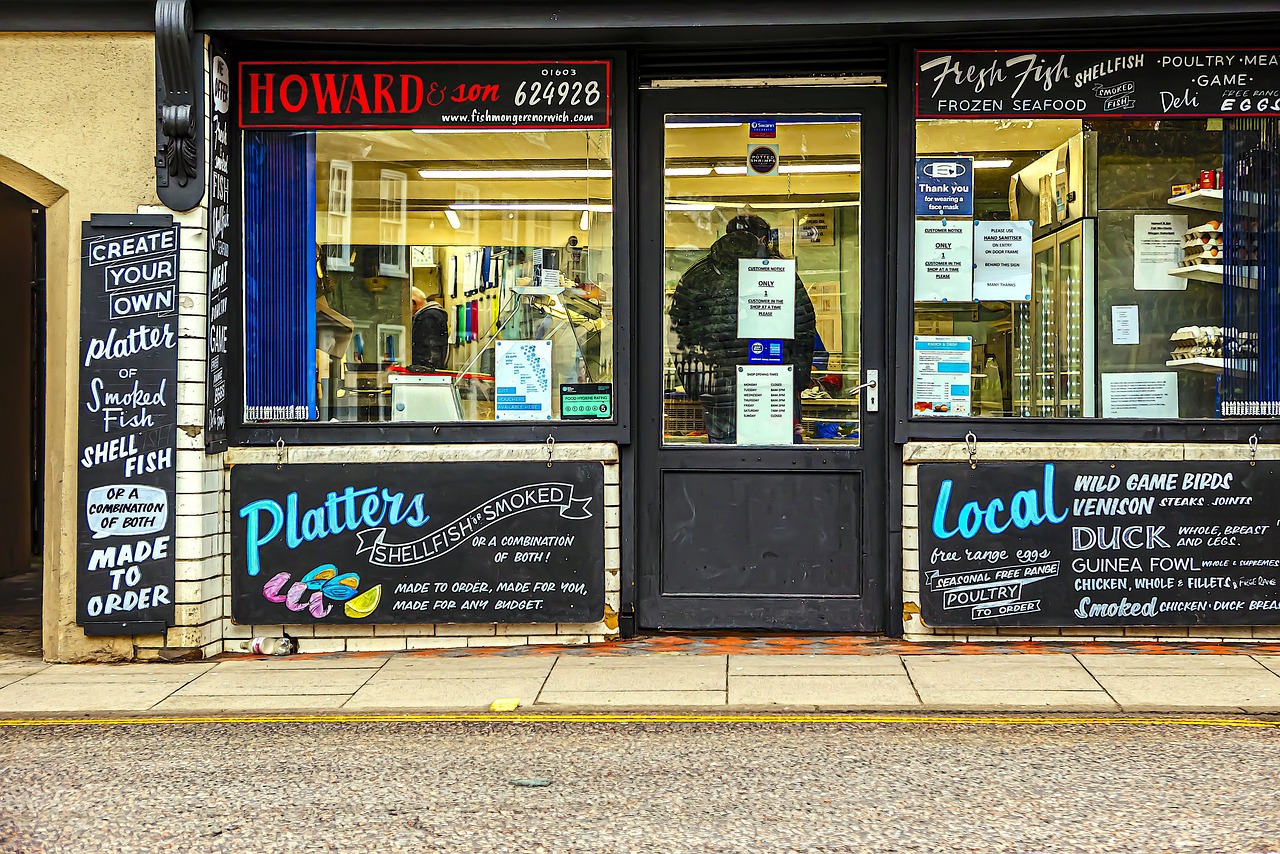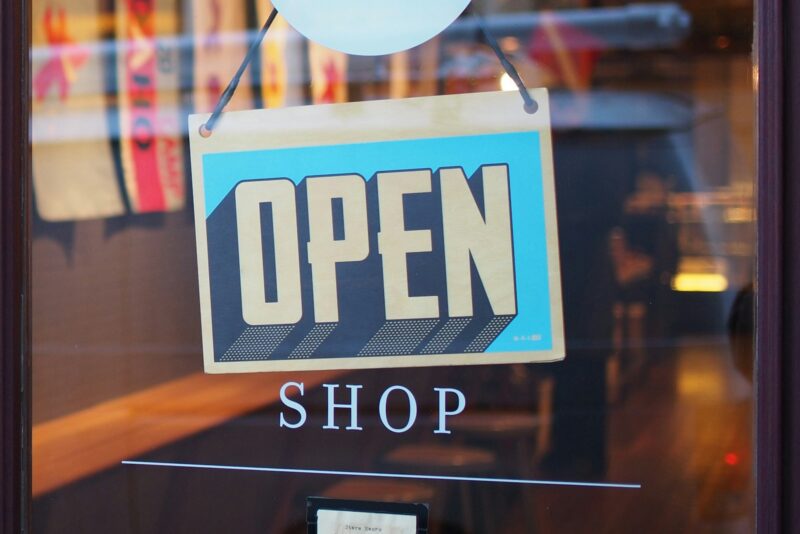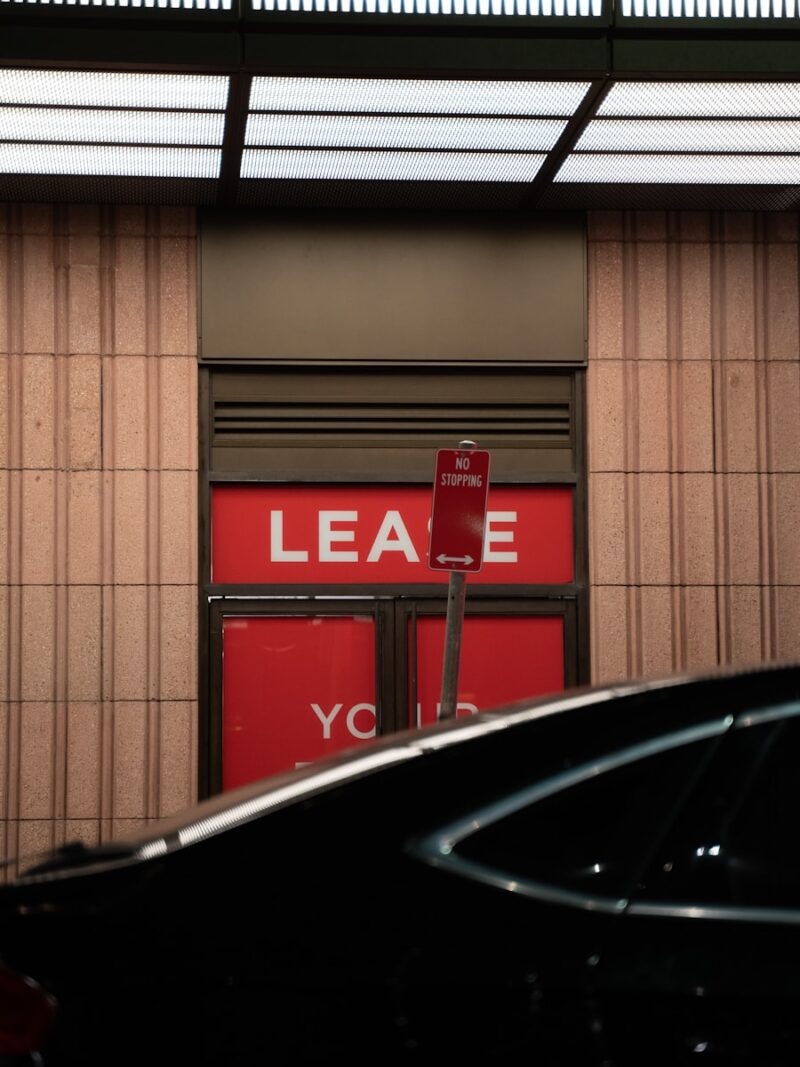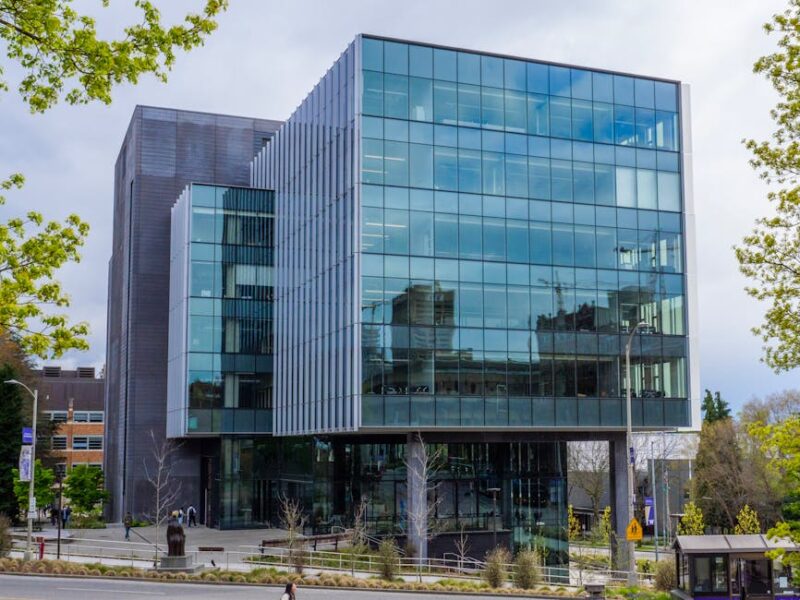Table of Contents
ToggleLeasing vs. Buying Commercial Property: Which Is Right for Your Business? Evaluating Long-Term Financial Impacts
Deciding whether to lease or buy commercial property is a big choice for your business. You want to make the right call for your company’s future. The best option depends on your specific needs, financial situation, and long-term goals.
Buying commercial real estate lets you build equity and gives you more control over the property. You can make changes as you see fit and potentially benefit from property value increases. On the flip side, leasing offers more flexibility and requires less upfront cash. You’re not tied down to one location if your business outgrows the space.
Your decision impacts your finances and operations for years to come. Think about your growth plans, cash flow, and desired location. Consider how much space you need now and in the future. The real estate market in your area also plays a role. Weigh the pros and cons carefully to pick the right path for your business.
This info is for general knowledge only. Talk to a real estate pro or financial advisor for advice tailored to your situation.
Pros And Cons Of Leasing Commercial Property
Leasing commercial property offers flexibility but comes with some trade-offs. Let’s explore the key advantages and drawbacks to help you make an informed decision for your business.
Advantages Of Leasing
Leasing commercial property can be a smart choice for many businesses. You’ll enjoy lower upfront costs, as you typically only need to pay a security deposit instead of a large down payment. This frees up cash for other business needs.
You’ll have more flexibility too. When your lease ends, you can easily move to a different location if your business needs change. This is great if you’re unsure about long-term space requirements.
Maintenance is often simpler when you lease. Your landlord usually handles major repairs, saving you time and money. You might also benefit from shared amenities in multi-tenant buildings.
Disadvantages Of Leasing
While leasing has perks, it’s not without drawbacks. You won’t build equity in the property, which means you’re not investing in a long-term asset for your business. Your monthly rent payments don’t contribute to ownership.
Rent increases can be a concern. Your landlord might raise the rent when you renew your lease, potentially affecting your budget. You may also face limits on customizing the space to fit your exact needs.
Common area maintenance fees and other extra costs can add up. These might include utilities, property taxes, or insurance, depending on your lease terms. Always read the fine print to understand your total financial commitment.
Pros And Cons Of Buying Commercial Property
Buying commercial property can be a big step for your business. It offers some key benefits but also comes with important drawbacks to consider. Let’s look at both sides.
Advantages Of Buying
When you buy commercial real estate, you gain control over your space. You can make changes and improvements without asking permission. This freedom lets you create the perfect environment for your business.
Owning builds equity over time. Each payment grows your stake in the property. This can be a smart financial move for your company’s future.
Tax benefits are another plus. You can deduct mortgage interest and property taxes. Depreciation on the building may also lower your tax bill.
Fixed costs are easier to plan for. Your mortgage payments won’t increase like rent might. This stability helps with long-term budgeting.
Disadvantages Of Buying
The upfront costs of buying are high. You’ll need a large down payment, often 10% to 40% of the property value. This ties up money you could use for other business needs.
Maintaining the property becomes your job. You’re responsible for repairs, upgrades, and solving any issues that come up. These costs can add up quickly.
Less flexibility is a drawback. If your business needs change, it’s harder to move. Selling a commercial property can take time and effort.
Market risks are real. Property values can go down, leaving you with a less valuable asset. Economic changes might affect your area’s commercial real estate market.
Financing can be complex. Commercial mortgages often have stricter terms than residential loans. You may need to prove your business’s strength to qualify.
Financial Implications
When deciding between leasing and buying commercial property, the financial impact on your business is crucial. Let’s explore the key monetary aspects to help you make an informed choice.
Cost Comparison
Leasing typically requires less upfront costs than buying. You’ll usually only need a security deposit, while purchasing often demands a substantial down payment of 10-40% of the property value.
Monthly expenses differ too. Lease payments may be lower initially, but they can increase over time. When you buy, you’ll have fixed mortgage payments, but don’t forget about property taxes, insurance, and maintenance costs.
Consider these ongoing expenses:
- Rent or mortgage payments
- Property taxes (if buying)
- Insurance
- Maintenance and repairs
- Utilities
Remember, lease payments aren’t tax-deductible, but mortgage interest and property depreciation often are when you own.
Long-Term Financial Planning
Buying builds equity in your business, which can be valuable for future growth or if you decide to sell. As you pay down your mortgage, you’re investing in an asset that may appreciate over time.
Leasing offers more flexibility. If your business needs change, it’s easier to move or expand without the burden of selling property. But you won’t benefit from property value increases.
Think about your cash flow needs. Buying ties up more capital initially, which could impact other areas of your business. Leasing keeps more cash available for operations, inventory, or marketing.
Tax implications vary. Ownership often provides more tax advantages, like deductions for interest, taxes, and depreciation. Leasing usually allows you to deduct the full rent payment.
Flexibility And Control
When deciding between leasing and buying commercial property, flexibility and control are key factors to consider. These aspects can significantly impact your business operations and growth potential.
Business Growth And Expansion
Leasing offers more flexibility for growing businesses. You can easily move to a larger space when your lease ends. This is great if you’re unsure about your future space needs. Leased properties also let you test different locations without a long-term commitment.
Buying property gives you more control over your business’s future. You won’t face unexpected rent increases or be forced to move. This stability can be valuable for businesses with steady growth plans. Owning property also allows you to build equity, which can be a smart long-term investment.
Property Customization
Leasing often limits your ability to customize the space. You’ll need landlord approval for major changes. This can be frustrating if you have specific needs for your business operations.
Owning gives you full control over property modifications. You can renovate to your heart’s desire without seeking permission. This freedom allows you to create a space that perfectly fits your brand and operational needs. It’s especially beneficial for businesses requiring specialized equipment or layouts.
Remember, with ownership comes responsibility. You’ll need to handle all maintenance and repairs yourself. This can be time-consuming and costly, but it also means you control the quality and timing of these tasks.
Long-Term Benefits And Risks
When deciding between leasing and buying commercial property, you need to think about the long-term effects on your business. Each option has its own set of advantages and potential drawbacks that can impact your finances and operations for years to come.
Leasing Benefits And Risks
Leasing gives you more flexibility as your business grows. You can move to a bigger space when needed without being tied down to a property. It also requires less money upfront, freeing up cash for other business needs.
But leasing has risks too. Your rent might go up over time, and you won’t build equity in the property. You’re also at the mercy of your landlord when it comes to making changes to the space.
Consider these points:
- Lower initial costs
- Easier to relocate
- No maintenance responsibilities
- Rent increases can impact your budget
- Limited control over the property
Buying Benefits And Risks
Buying commercial property allows you to build equity over time. It’s a long-term investment that can add value to your business. You have full control over the space and can make any changes you want.
But owning property comes with risks. The real estate market can change, affecting your property’s value. You’re also responsible for all maintenance and repairs, which can be costly.
Key considerations:
- Build equity and wealth
- Tax benefits from property ownership
- Full control over the space
- Market risks can affect property value
- High upfront costs and ongoing maintenance expenses
Your choice depends on your business goals, financial situation, and growth prospects. Think about where you see your business in 5 or 10 years before deciding.
Making The Decision
Choosing between leasing and buying commercial property is a crucial decision that can impact your business for years to come. Let’s explore the key factors to consider and steps to take when making this important choice.
Assessing Business Needs
Start by taking a close look at your company’s current situation and future goals. Ask yourself:
- How much space do you need now and in the next 5-10 years?
- Is your business growing rapidly or staying stable?
- Do you need flexibility to move or expand?
- What’s your budget for property costs?
Make a list of your must-have features and nice-to-have amenities. This will help you narrow down your options. Don’t forget to consider factors like location, parking, and access to public transportation.
Building equity can be a big advantage of buying, but it requires a long-term commitment. Leasing offers more flexibility if your needs might change.
Consulting With Professionals
You don’t have to make this decision alone. Reach out to experts who can provide valuable insights:
- Commercial real estate agents
- Business accountants
- Lawyers specializing in property law
- Financial advisors
These professionals can help you:
- Understand market trends
- Analyze the financial impact on your business
- Navigate legal complexities
- Explore financing options
Ask questions and get multiple opinions. The Small Business Administration may also offer resources and guidance for new and growing businesses.
Case Studies
Learning from others’ experiences can be incredibly helpful. Here are two examples:
Tech Startup XYZ
- Chose to lease due to rapid growth and changing space needs
- Negotiated flexible terms to accommodate expansion
- Avoided large upfront costs, preserving capital for product development
Family-Owned Retail Store ABC
- Decided to buy after 10 years of stable business
- Found a property with extra space to rent out for additional income
- Built equity and gained tax benefits from property ownership
These cases show there’s no one-size-fits-all answer. Your decision should align with your unique business goals and financial situation.
Conclusion
Choosing between leasing and buying commercial property is a big decision. You need to think about your business goals and finances.
Leasing gives you flexibility. It’s great if you’re just starting out or want to test a location. You can move more easily if your business grows.
Buying builds equity. It’s a good choice if you plan to stay in one spot for a long time. You can modify the property as you like.
Think about your cash flow. Leasing needs less money upfront. Buying usually requires a bigger down payment.
Consider your long-term plans. Do you want to grow your business assets? Buying might be better. Do you need flexibility? Leasing could work well.
Remember, there’s no one-size-fits-all answer. What’s right for you depends on your unique situation. Take your time to weigh the pros and cons carefully.
Talk to experts like real estate agents and financial advisors. They can help you make the best choice for your business.
Additional Resources
Looking to dive deeper into the leasing vs. buying decision for commercial property? Here are some helpful tools and guides to support your research:
• Commercial real estate calculators – Compare the costs of leasing and buying over time
• Property search websites:
- LoopNet
- CoStar
- Crexi
These sites let you browse available properties for lease or sale in your area.
Want expert advice? Consider reaching out to:
- A commercial real estate broker
- Your accountant or financial advisor
- Other business owners in your industry
They can offer valuable insights based on your specific situation.
Don’t forget to review sample lease agreements and purchase contracts. This will help you understand the terms you might encounter.












